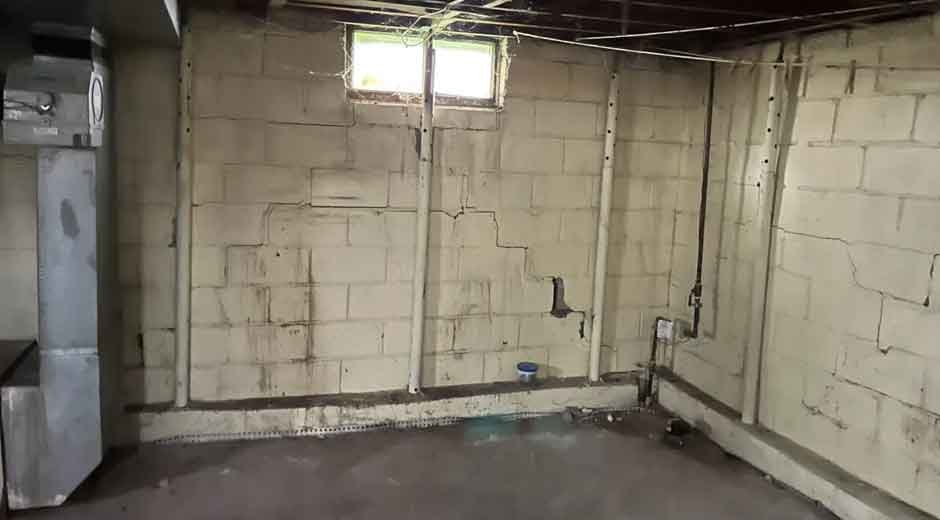Preparing for your basement repair project simplifies the process and supports you in making informed decisions. One way to prepare is by asking the right questions concerning basement repair. From knowing what to expect to learning different repair options for basement damage, having a general idea shapes your decision. Here are some of the frequently asked questions about basement repair projects:
Table of Contents
What Causes Basement Damage?
Before you invite a contractor to repair your basement, it is wise to be aware of what may have caused the damage in your home. This knowledge helps you to take proactive steps to reduce the subsequent risk of damage to your basement. One of the causes of basement damage is water intrusion. When water seeps through the concrete walls and floor, it can interfere with the stability of the structure. Basement damage is sometimes associated with poor drainage, leading to water pooling around the foundation. A faulty sump and leakage in pipes are other causes of basement damage. As a homeowner, you should regularly seek basement repair services to support the structure of your home.
What’s the Timeframe for Repair?
Your repair project’s timeline will depend on the extent of the damage and the chosen repair method. A repair company could complete minor fixes like sealing small cracks in a short time, but major issues like foundation replacement will take longer. Other factors that sometimes affect the repair timeline include weather conditions and the availability of materials.
When you work with a professional contractor, they should provide you with an estimate of the timeline for your specific project. They also keep you updated on any changes or delays that may occur. Ask for a detailed breakdown of the repair process and how long each step will take.
Can I Maintain My Basement?
Once you have invested time in repairing your basement, you should be committed to maintaining it for the long term. When you properly maintain your basement, you prevent cracks, leaks, and water damage that may occur over time. Keep the basement clean and dry at all times to help prevent damage; this will also make it easier to identify problems early for professional repairs.
Check that the ventilation in your basement provides adequate air flow. Poor ventilation might lead to moisture buildup; this interferes with the structure of your basement. Inspect the foundation and walls for cracks or gaps to prevent entry points for water. Checking your plumbing system regularly for leaks or clogs may help prevent water damage in the basement.
Can I Prevent Future Issues?
Managing the gutter system is one way to prevent future basement issues; you avoid clogged gutters by regularly cleaning them, especially during the fall season when leaves and debris can accumulate. Your gutters should also be properly installed and sloped to direct water away from your foundation. When you maintain proper grading around your home, you can prevent water from pooling near the foundation. You reduce the risk of water seeping into your basement by installing a sump pump. If water does get into your basement, a sump pump can quickly remove it and prevent extensive damage. The exterior walls of your home should also be properly sealed to prevent water from penetrating through cracks or gaps.
Invest in Basement Repair
Collaborating with professional contractors to fix basement leaks allows you to avoid major issues. They also attend to problems like flooded or damp basements. You benefit from the expertise and experience of a professional repair company, leading to a more effective solution. Contact a reputable contractor for your basement repair needs and secure your home from drainage issues.
